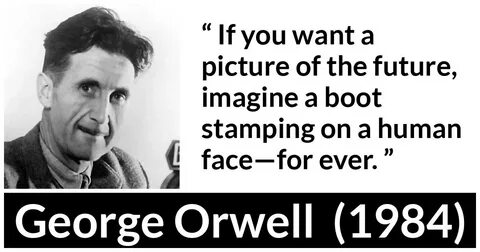There are some things about the recent legal/illegal, open/restricted borders immigration debates that I think otherwise reasonable and knowledgeable people are missing about philosophy and property.
First, philosophy can tell us what the ideal is and tell us what the morality of action is, but it doesn’t tell us what can or can’t be done. If I see a man with a record of assault approaching a group of women with what I feel is bad intent, I can take physical action against him if I want to. That’s my choice. Philosophy tells me that doing so would be immoral, since physically engaging the property of others (like this man’s body) without their consent is immoral. It violates the man’s property, because he hasn’t actually violated the property of anyone else. When I decide to take the action to violate his property, I have to take into consideration that I will violate his property and that I may owe him for damages. If I think it’s worth it, however, I can take that action and hope for the best.
I think this is one of the main hang-ups about the immigration debate; people want to do immoral things because they think it will have a better outcome according to their preferences, but they don’t want to take the moral responsibility for doing so. They think that their desires have to be morally justified. They don’t. You can advocate the NAP and still advocate positions in conflict with it. Your preference may be such that violating the NAP brings a result you think is better than not violating it. You are morally responsible for your actions and it could be that others, including those whose property you violate will agree with your actions and forgive you, or at least, they won’t seek restitution. Of course, that’s very simple, and in a complex world things are muddier. The point is that philosophical principles and actions can be in opposition, but it can’t always be claimed that one justifies the other.
Second, governments can’t own property, at least in the way that they exist in the world today. That idea won’t be anything seasoned libertarians won’t have heard, but the reasons I’m going to give may not be obvious. Ownership and control are not the same thing. Ownership is a philosophical idea and control is a physical reality. If Bob steals Tom’s bike, Bob controls the bike, but Tom still owns it. Tom hasn’t consented to the transfer of his property, the bike, to Bob. Governments do, occasionally, actually steal things, however, taxation isn’t theft, but a voluntary transaction made by the taxpayer to mitigate a threat of violence against them if they don’t. That’s extortion, not theft. The reason it’s important to understand that distinction is that threats aren’t NAP violations, as outlined in Manual to Humanity. It is possible for the state to collect taxes, then use the money to buy things. But even if they buy things this way, voluntarily, they still don’t own them, because the state itself has no ownership. No one owns shares in the state; not its employees, its subjects, or anyone else. There’s not a single person or group of people anywhere who can buy or sell any kind of share in a government. If the government buys a car, you won’t be able to find a single person on Earth who actually owns the car or any share in it or claims to own it or a share in it. A shareholder in a company or partnership, on the other hand, can be identified. The state has no shareholders or ownership agreements and therefore, no owners.
All “public property” is controlled to some extent by the state, but it isn’t actually owned by anyone. From a philosophical perspective, this means that anyone has the right to whatever objects constitute “public property”. An entity that controls, but does not own property, creates a problem in the real world. These problems may not have ideal solutions. Some argue that philosophically imperfect solutions are required to fix philosophically muddy situations. That’s fine, but they shouldn’t try to twist philosophy to justify those actions. What’s being proposed should be argued with that understanding.
Most NAP violations are either too insignificant to pursue or are simply forgiven. Those that are significant enough to pursue, still may not result in any measure of justice. You may send your kid to a public school, object to a homeless drug addict being there doing homeless drug addict things and advocate that he be removed. The fact is that the school is unowned and he has a right to be there as much as anyone. That said, anyone can see why his removal might be preferable even though it violates his property/consent. One may even be able to get away with doing it if the violation is dismissed by the victim (the homeless drug addict), forgiven, or if justice is simply impossible to obtain. Clearly, the removal of the homeless man is a violation of libertarian principle. The libertarian thing to do would be to avoid taking your kid to unowned places where there are homeless drug addicts.
The point is that libertarian philosophy really only tells us when it’s appropriate to use the property of others, whatever that property may be, whether it’s grabbing someone and throwing them out of a school, borrowing someone’s car, going to someone’s house and eating supper with them, killing someone, or whatever. It doesn’t say what the solutions to problems are in an unfree society where the state has thrown a wrench into everything. Of course, all people should abide by libertarian principles to whatever extent they can, but, when they don’t, they should own up to it, take responsibility and hope for forgiveness or that restitution isn’t sought. It’s less respectable to advocate that the NAP be violated in the hopes that victims will simply be unable to obtain justice. There’s nothing wrong with making the argument as long as the implications are understood and libertarian philosophy isn’t twisted in doing so.


